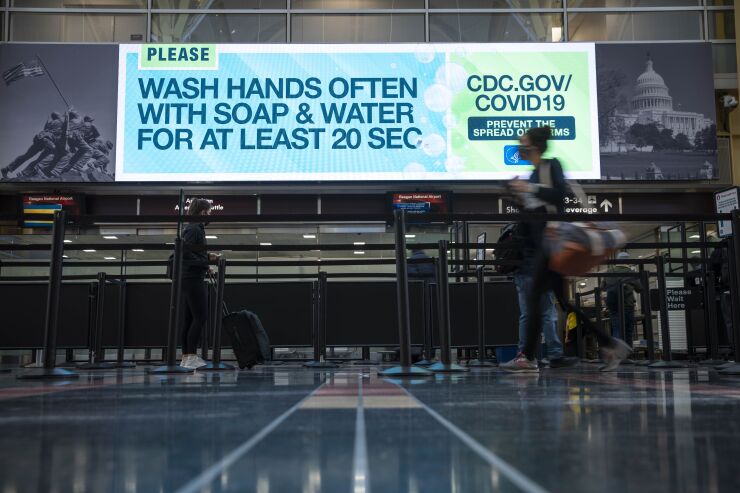The motivation behind JPMorgan Chase's purchase of rewards company
Cash is perennially the most popular redemption option with consumers, but it doesn't engage and retain them as well as other perks, according to loyalty experts.
“Consumers like cash rewards because they’re transparent, but cash is generic and doesn’t foster a long-term connection with any particular card brand or company,” said Len Covello, CTO with Engage People, a Canadian firm supporting loyalty rewards programs for major retailers and financial institutions.
For the last several years, banks and merchants have been trying to encourage consumers to redeem card rewards points for merchandise, travel and experiences to create longer-range points-earning goals that are most closely connected to the company providing the rewards, Covello said.

Offering gift cards for specific merchants is better than cash, because there’s greater opportunity to personalize the reward, according to Covello. And another strategy gaining momentum is enabling consumers to directly make purchases with points, a practice that can drive more engagement than cash or gift cards.
PayPal in recent years has begun
“Using credit card rewards for purchases is a trend that’s here to stay, because it provides an ongoing shopping opportunity and tends to keep the consumer connected to the rewards program,” Covello said, noting that e-commerce is the dominant purchase channel for pay-with-points programs.
The broad shift to digital commerce during COVID-19 will also benefit pay-with-points card rewards programs, Covello predicts.
“Even when we move back to shopping in stores, the lines will stay blurred and people will expect to be able to pay for all kinds of things with credit card rewards points via mobile devices too,” he said.
But pay-with-points programs used alone could run the risk of making credit card rewards seem too generic and interchangeable, weakening the connection to the company providing the rewards, Covello said.
“The most impactful rewards programs offer consumers choices, and doing that well is the best way to keep credit card customers engaged,” he said.
The assets Chase is purchasing from cxLoyalty Group Holdings include a full-service travel agency, along with a central platform to manage points for gift cards, merchandise and cash back, building on services Chase already offers through its Ultimate Rewards loyalty program for its credit and debit cards. Chase did not respond to inquiries for this story by deadline.
CxLoyalty will operate as a new company within Chase, and over time its rewards platform and tools will be available to Chase’s Ultimate Rewards users. This gives Chase significantly more resources to compete with American Express and other major issuers, each of which offers rewards programs spanning cash back to high-end travel and entertainment experiences.
Chase previously used cxLoyalty for help with travel rewards and booking services, but in 2018 the card giant switched to Expedia, CNBC reported. Several other major credit card issuers including Citi, Capital One, U.S. Bancorp and Mastercard have also used cxLoyalty’s services for aspects of managing their rewards programs.





